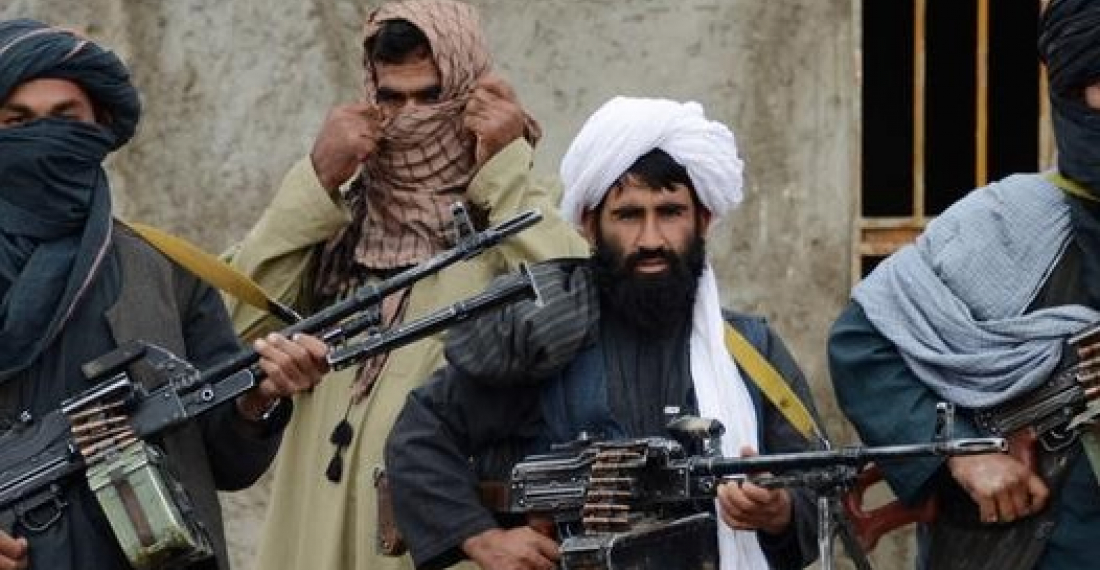Taliban fighters appear poised to capture the strategically and symbolically important city of Helmand in southern Afghanistan.
Afghan security forces and Taliban fighters have been locked in heavy clashes for the last two days after the insurgents entered the city which is also the capital of the southern province that bears the same name. Sources say many civilians are trying to flee the city.
"Since Thursday morning the Taliban have launched attacks from several directions on Lashkargah city," a government official told Reuters on the condition of anonymity. Lashkargah is the capital of Helmand, a southern province that borders Pakistan.
The official added that Afghan security forces have thus far held back the Taliban's attempt to take the city with the help of the Afghan air force, but operations were hampered by the presence of civilians in the area.
"Hundreds of families have left the area and moved to other safer places," Hafiz Ahmad, a resident of one Lashkargah neighbourhood where clashes are ongoing, told Reuters.
He said those unable to move had locked themselves in their homes, and the city wore a deserted look as gun and artillery fire reverberated through neighbourhoods.
Abdul Majid Akhundzada, a Helmand provincial council member, said the Taliban had captured several areas of Lashkargah, and fighting was intense in an area close to the city's airport.
He expressed fear that the city could soon fall to the Taliban.
Over the last weeks the Taliban have occupied a lot of territory, but have so far failed to capture any provincial capital.
source: commonspace.eu with agencies







